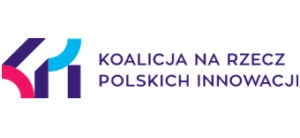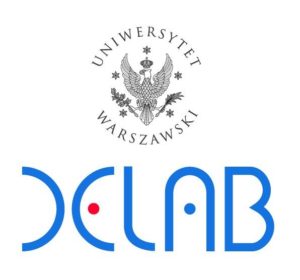A key measure of quality of life, and thus of a country’s development, today is the health and well-being of its citizens and access to health care (Kickbusch, Gleicher, World Health Organization, 2012). At the same time, however, demographic changes, staff shortages or global health challenges such as pandemics make it difficult, or even impossible, for institutions to provide good health care to their citizens. Therefore, in order to improve the quality of services provided, state institutions increasingly turn to digital solutions when designing public policies. The latter are supposed to improve the operation of health care, increase its effectiveness and reduce costs. With their help, states also want to meet the expectations of citizens accustomed to services provided digitally in the private sector.
Although digitisation of healthcare (among other things, due to the sensitivity of data) is a particularly difficult task for state institutions, individual countries must plan and implement measures in this respect. Currently, European Union countries are tackling the digitisation of health care with varying degrees of success. For example, in the Bertelsmann Foundation’s Digital Health Index, Estonia is ranked first among 17 countries [1] examined, among other things, in terms of technological sophistication, strategy or use of digital potential in health care (Thiel et al., 2018, p. 95). Germany and Poland are ranked 16th and 17th respectively (Thiel et al., 2018, pp. 54 and 168). The pace of development dynamics of individual countries depends on size (both in terms of geography and population), institutional settings, budgets allocated to health care and its digital development. Cultural factors (first of all, the attitude of societies to the issue of personal data) and the ability of public institutions to build strategies and think long-term about the digitisation of the state are also of key importance.
During the seminar, Weronika Przecherska will show how Germany – a country with a population of over 80 million, a country with a complex administrative and healthcare system structure – is coping with the development of digital health. At the beginning of the third decade of the 21st century, Germany is not a European leader in this field, but recent years have seen dynamic changes, such as the introduction of electronic medical records or the pioneering of the prescription app solution. And although the pandemic has somewhat slowed down this dynamic development, it has also raised awareness of the importance of digital healthcare solutions among Germans who are sceptical of technological innovations.
[1] Among the countries listed in the ranking, according to the score from highest to lowest, are: Estonia, Canada, Denmark, Israel, Spain, UK (NHS England), Sweden, Portugal, Netherlands, Austria, Australia, Italy, Belgium, Switzerland, France, Germany, Poland.
Bibliography
Kickbusch, I., Gleicher, D. , World Health Organization (2012). Governance for health for the 21st century. Copenhagen, Denmark: World Health Organization, Regional Office for Europe. Downloaded from LINK: (accessed 19.10.2020).
Thiel, R., Deimel, L., Schmidtmann, D., Piesche, K., Hüsing, T., Rennoch, J., Stroetmann, V., Stroetmann, K. (2018). #SmartHealthSystems. International comparison of digital strategies. Bertelsmann Stiftung, empirica. Downloaded from LINK: (accessed: 5.04.2021).










